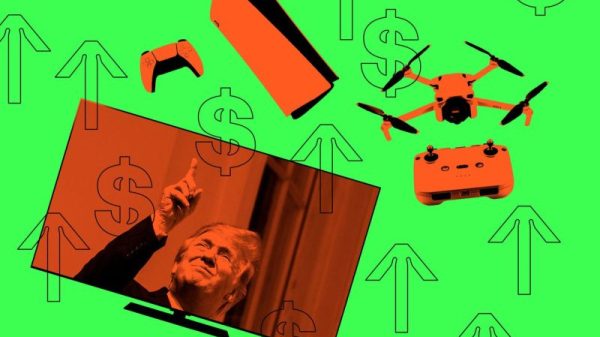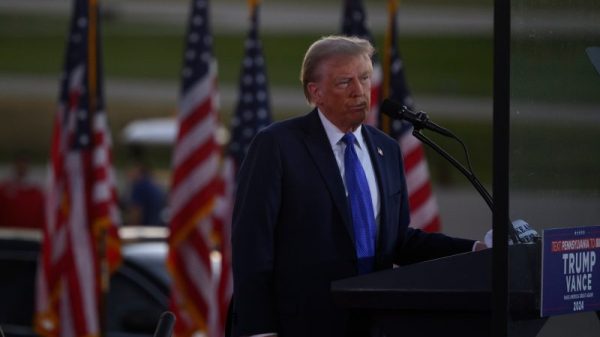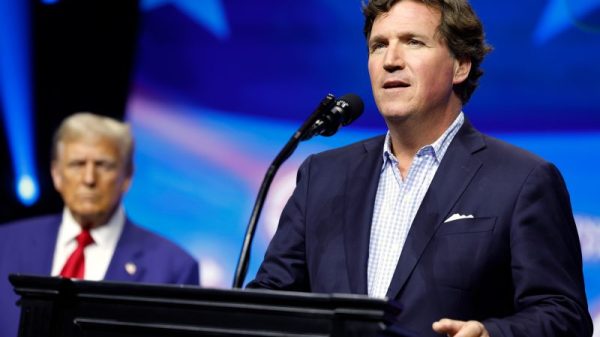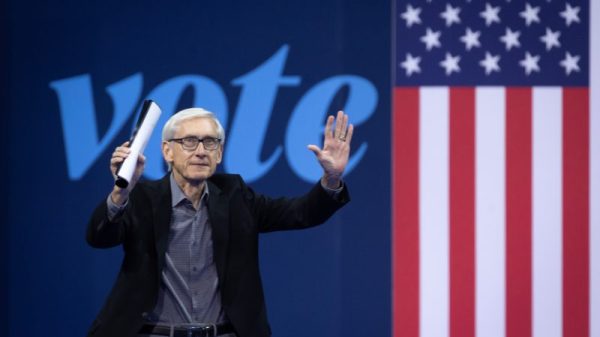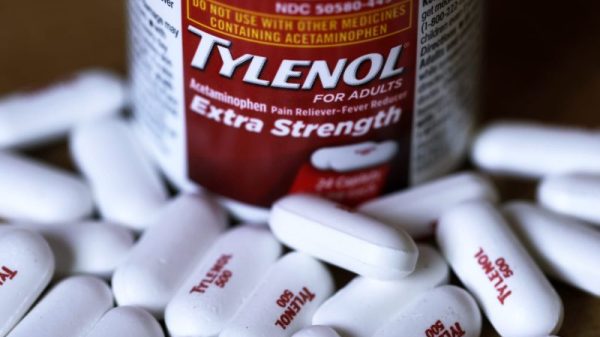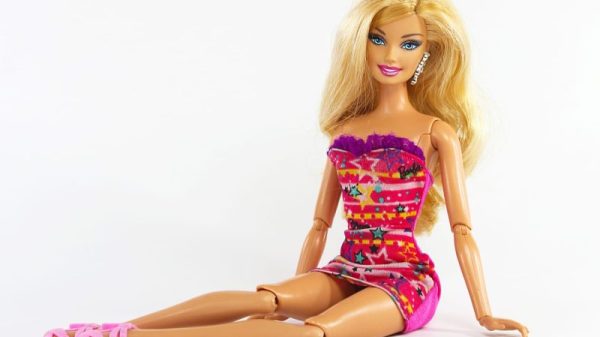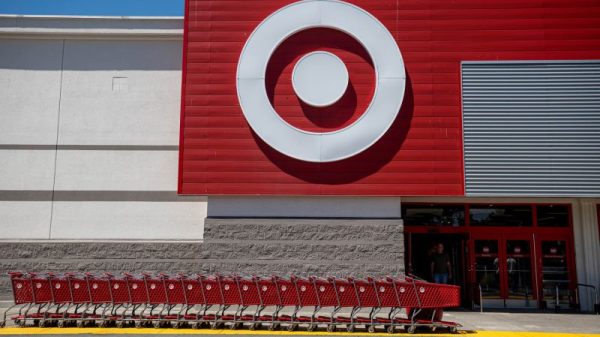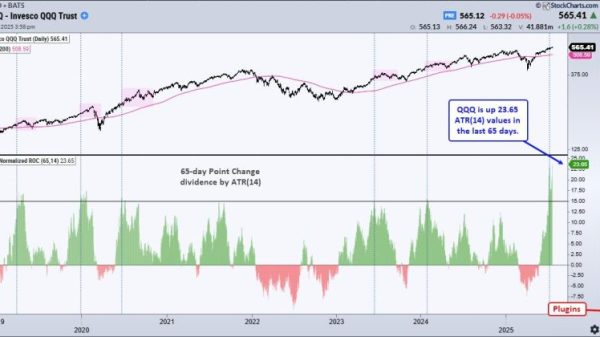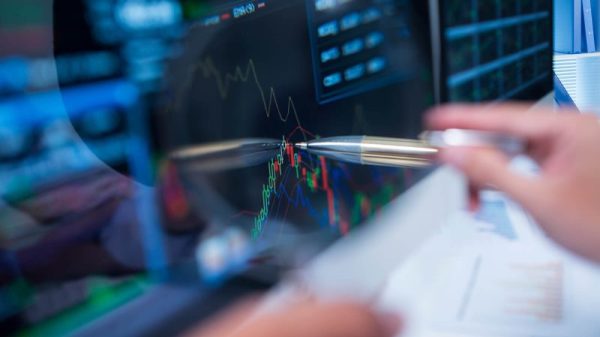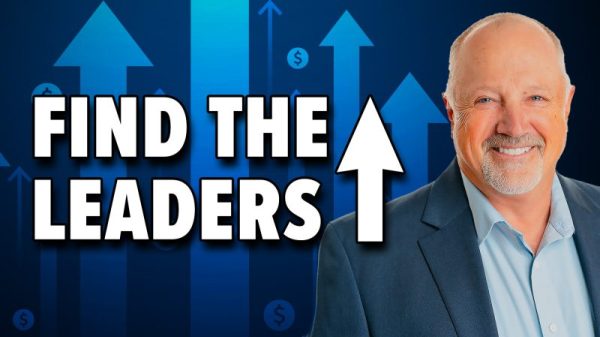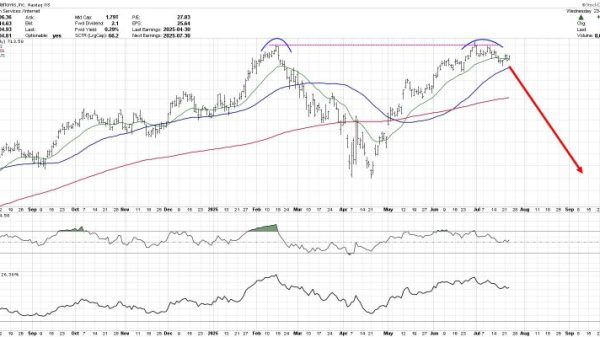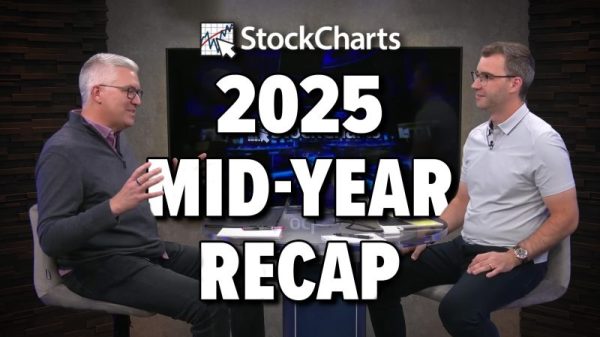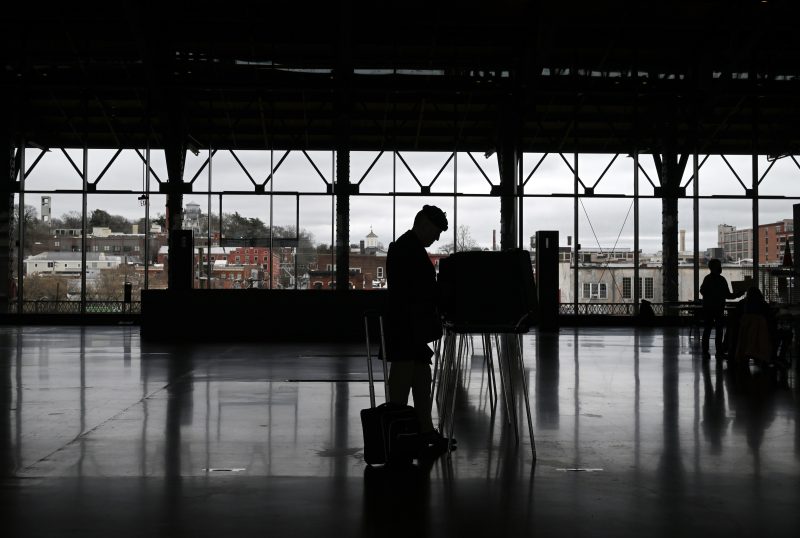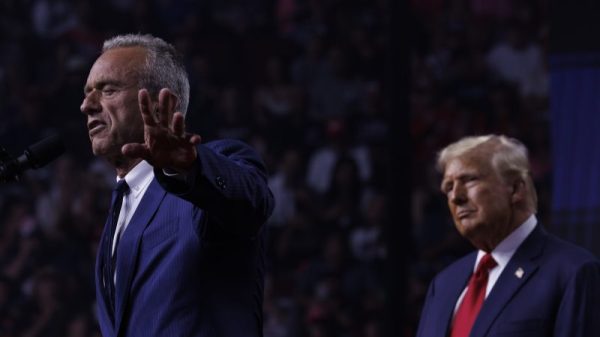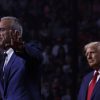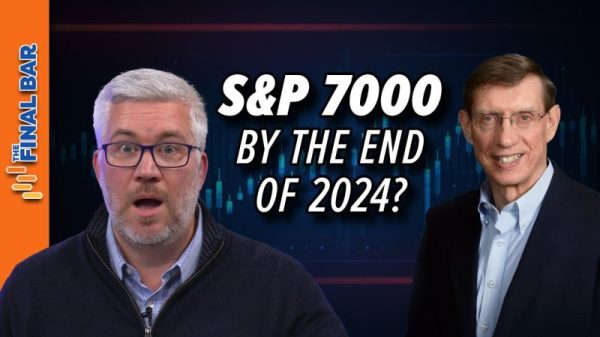Voters are not shy about saying how bad they perceive things are.
Ask if the nation is heading in the right direction, and barely a quarter of voters will say yes. Ask them whether the national economy is good, and more than 65 percent will say no.
Yet beneath those dire ratings, voters are much more upbeat about how things are where they live. A majority view their state’s economy as doing well, and many are likely to view the state — but not necessarily the nation — as being on the right track.
It’s a strange predicament that has puzzled some economists and has politicians in both parties searching for explanations. That chasm between the state of the states and the state of the nation could determine whether President Biden wins a second term and who will control Congress next year. All this could translate very differently when it comes to how voters size up candidates to represent them on the state, local and national level.
“I have a hard time explaining it, as the fundamentals of our economy are really good,” said Sen. Chris Coons (D-Del.), a close Biden ally, before rattling off recent national economic trends that are almost universally positive. “We’re still believing that something’s wrong with the country and things are bad and things are headed in a bad direction.”
“They’re saying our economy is good but the national economy stinks,” Sen. Thom Tillis (R-N.C.) said Thursday.
A recent, concrete example of this phenomenon came in a poll by the Wall Street Journal, released in early April, of seven key presidential battlegrounds: Arizona, Georgia, Michigan, Nevada, North Carolina, Pennsylvania and Wisconsin.
The head-to-head results drew much of the attention, with Trump narrowly leading in five states and essentially tied in two others. And a good deal of attention went to how, in aggregate, just 25 percent of voters in those states thought the nation was headed in the right direction and only 36 percent considered the nation’s economy “excellent” or “good.”
Tillis saw the poll and was surprised by how “really soft” North Carolina’s numbers were, with just 33 percent saying the economy was good.
He missed the question about how North Carolinians view their own economy: Sixty-four percent rated it as excellent or good. Basically, almost a third of his state’s voters think the national economy remains bleak but the Tar Heel State is doing quite well.
The same dynamic unfolds in all seven swing states. On average, 54 percent of voters said their state’s economy was excellent or good while 43 percent said it was not good, but their views of the national economy were reversed: 36 percent saying it was at least good, 63 percent disapproving of the nation’s economy.
Sen. Jacky Rosen (D-Nev.), facing one of the tougher reelection battles this fall, said it makes sense that more than 50 percent of Nevadans believe their economy is solid, yet she struggles to understand the disconnect on why barely a third find the national economy to be strong.
“We see the billions of dollars from the infrastructure law and the Inflation Reduction Act that have come to Nevada, $500 million to a program we call Home Means Nevada for affordable housing. We have the first high-speed rail going in west of the Mississippi from Las Vegas to Los Angeles,” Rosen said.
Tillis is also bullish on North Carolina’s economy, with its 3.5 percent unemployment rate below the national average.
“Our economy is booming,” he said, citing recent private-sector investments in North Carolina worth $4 billion from a pharmaceutical manufacturer, $5 billion from a semiconductor company and $4 billion for electric-vehicle battery production.
He acknowledged that, despite continued concerns about inflation, most of the national economy is on sound footing.
“The reality is our economy is doing pretty well. Most of those other states are doing pretty good, most of them not as well as North Carolina,” Tillis said.
But according to the second-term senator, any question about the nation’s standing — whether about the economy or just about any issue — turns into a simple referendum on a president’s popularity.
“I could see why they’d feel like, ‘I’m good, but I don’t like where we’re headed nationally.’ I think that’s a proxy vote or job-approval vote,” Tillis said.
Coons suggested that part of the problem comes through media echo chambers still carrying out the battles over the past few years, particularly in conservative outlets where the economy is often talked down.
“Hangover from the pandemic and high inflation, and other political figures who are saying we’re in a recession when we are not,” he said.
Some Democrats don’t consider this to be a problem, but rather an opportunity, because many swing-state voters are seeing improvement in their daily lives. They predict that approval for the national outlook is a lagging indicator that Democrats have time to show progress before the November elections.
“You don’t spring out of the trauma that this country went through, and then the world went through, with a global economic shutdown, with a pandemic, with high inflation,” Rep. Madeleine Dean (D-Pa.) said Thursday. “You don’t spring out of that and say, ‘Now I feel fine because I can take my mask off.’”
Dean said her state’s slow and steady improvement in the eyes of its voters should buck up Democratic spirits.
In May 2022, as inflation remained at 40-year highs, just 25 percent of Pennsylvanians said the state was headed in the right direction, according to the Franklin & Marshall College poll, which regularly tracks the state’s trajectory. Almost 65 percent viewed things to be going in the wrong direction.
But those numbers have steadily improved, with fewer than 50 percent of Pennsylvanians now saying the state is headed in the wrong direction. But according to the Journal poll, almost 70 percent Pennsylvanians still believe the nation is headed in the wrong direction.
The Democratic governor, Josh Shapiro, remains very popular now: Fifty-four percent approve of his performance, according to Franklin & Marshall. That’s almost 20 points higher than Biden’s approval in Pennsylvania, although this poll did have the incumbent president ahead of the ex-president in the head-to-head matchup.
Shapiro is not the only popular swing-state governor.
In Georgia, Republican Gov. Brian Kemp has an approval rating that almost exactly matches how voters feel about the state’s economy (59 percent rating it as good, 38 percent bad, according to the Journal poll). In North Carolina, Democratic Gov. Roy Cooper’s popularity easily outpaces the state’s senators’ ratings as well as those of the nominees to succeed him in office.
In Wisconsin, where the GOP-dominated legislature has clashed with him for years, Gov. Tony Evers (D) is also much more popular than any other figure in the state.
According to the Journal poll, 57 percent of Wisconsin voters consider their economy excellent or good, while just 40 percent do not like it.
Still, when asked about the national economy, Wisconsin voters flip those numbers around. And when they get asked about the overall direction of the nation, just 31 percent say it’s on the right track.
Tillis believes that national malaise comes through in a collection of issues that almost all are bad for Biden, including the border crisis, crime and crises overseas.
“I think it’s immigration. I think it’s economy. I think it’s international leadership,” he said. “There’s no other way to explain it.”
Some of this is a new normal, resembling a prior generation’s axiom that voters hated Congress but loved their own congressman.
In Virginia, for example, 53 percent of voters approve of the job performance by Republican Gov. Glenn Youngkin, according to a Roanoke College poll last month, and 49 percent approve of the job by the Democratic-controlled legislature in Richmond.
Just 37 percent of Virginians approved of Biden’s performance, with a lowly 16 percent approving of Congress.
Dean noted that inflation, which remained at a nettlesome 3.5 percent last month, still worries voters. But she remains optimistic that the overall economy will continue to grow.
Those things, combined with liberal energy driven by abortion bans taking root in many states, give Democrats a good chance, she said.
“People are feeling these things, in areas after areas after areas,” Dean said of local economies. “There’s plenty of time. Layer into that women’s choice, women’s reproductive health — there’s plenty of time for a very big Biden win.”


